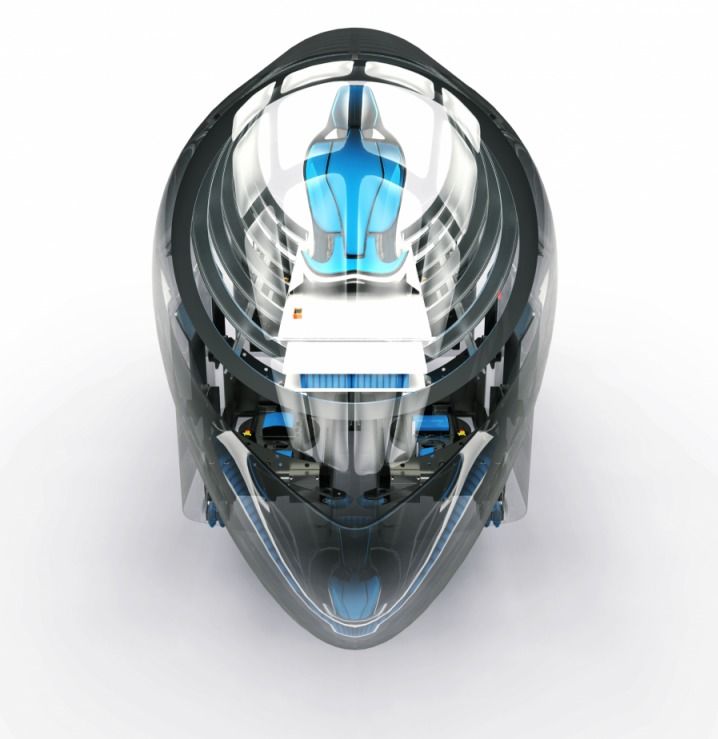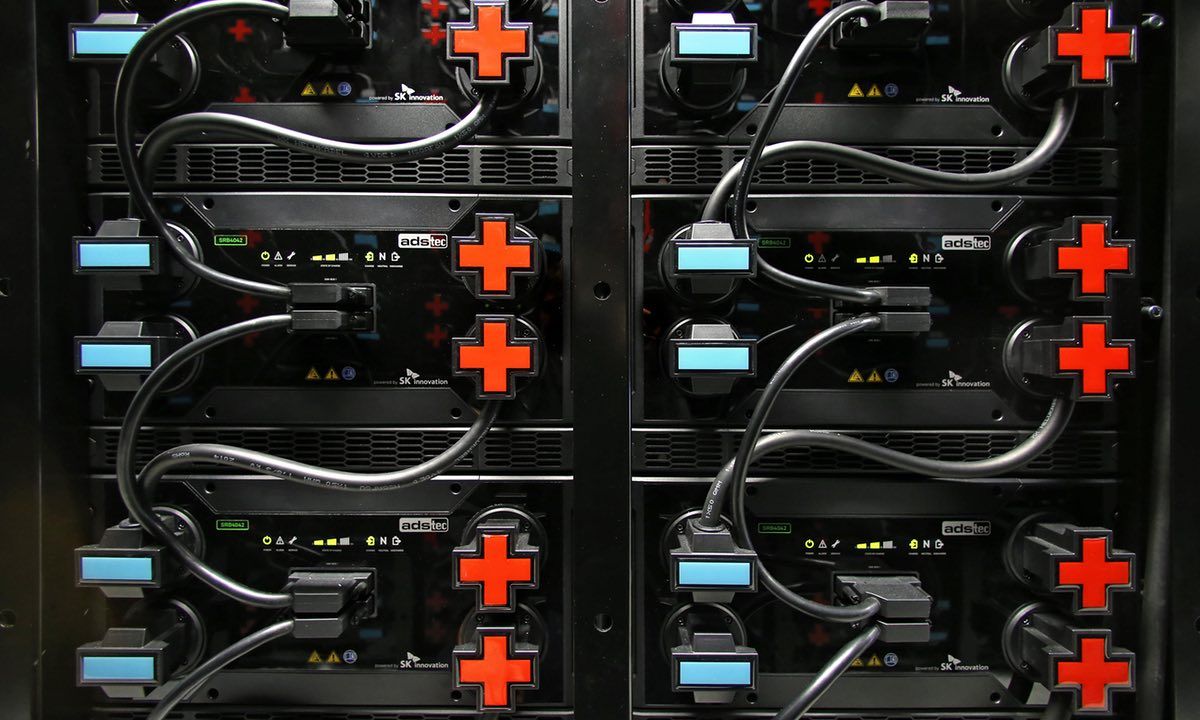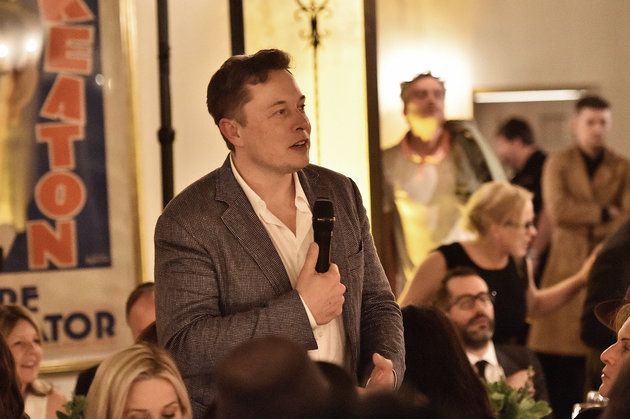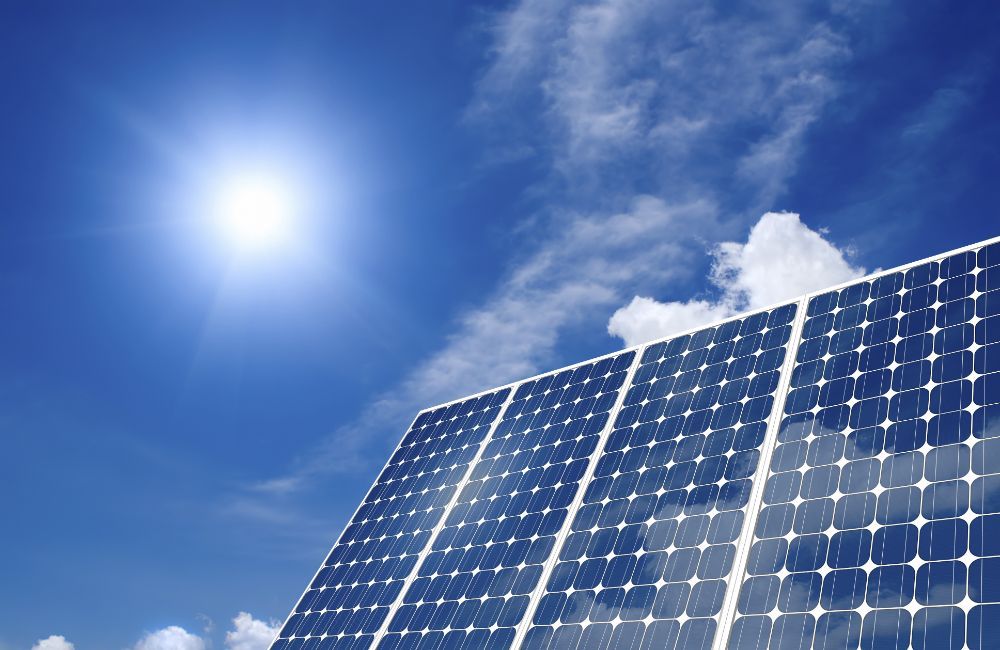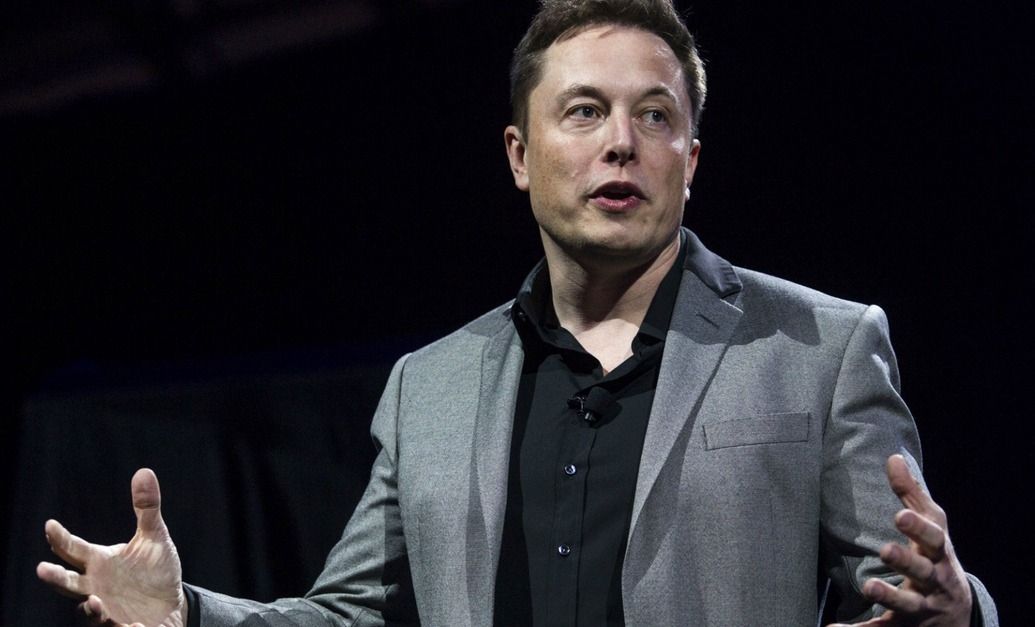Google, AI, and Quantum — Google believes deep learning is not suitable on Quantum. Not so sure that I agree with this position because deep learning in principle is “a series of complex algorithms that attempt to model high-level abstractions in data by using multiple processing layers with complex structures” — the beauty around quantum is it’s performance in processing of vast sets of information and complex algorithms. Maybe they meant to say at this point they have not resolved that piece for AI.
Artificial intelligence is one of the hottest subjects these days, and recent advances in technology make AI even closer to reality than most of us can imagine.
The subject really got traction when Stephen Hawking, Elon Musk and more than 1,000 AI and robotics researchers signed an open letter issuing a warning regarding the use of AI in weapons development last year. The following month, BAE Systems unveiled Taranis, the most advanced autonomous UAV ever created; there are currently 40 countries working on the deployment of AI in weapons development.
Those in the defense industry are not the only ones engaging in an arms race to create advanced AI. Tech giants Facebook, Google, Microsoft and IBM are all engaging in various AI-initiatives, as well as competing on developing digital personal assistants like Facebook’s M, Cortana from Microsoft and Apple’ Siri.

